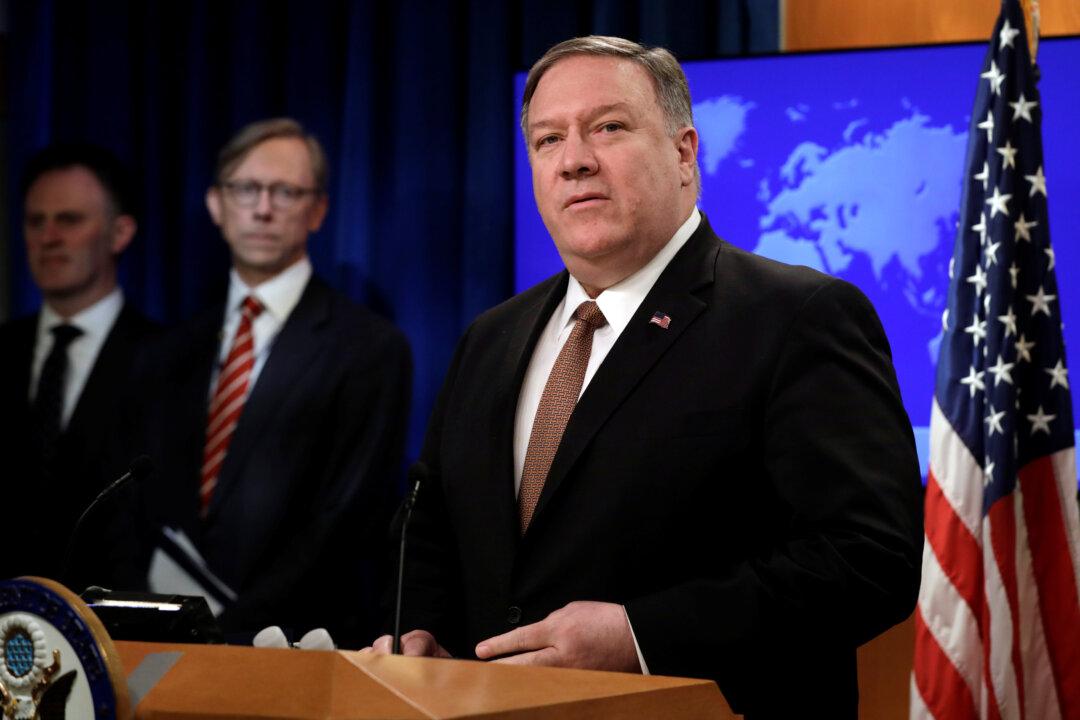BAGHDAD, Iraq—Washington ordered the departure of non-emergency government employees from Iraq on Wednesday, May 15, after repeated U.S. expressions of concern about threats from Iranian-backed forces.
The U.S. State Department has ordered the pullout of the employees from both the U.S. Embassy in Baghdad and its consulate in Erbil, the embassy said in a statement.





